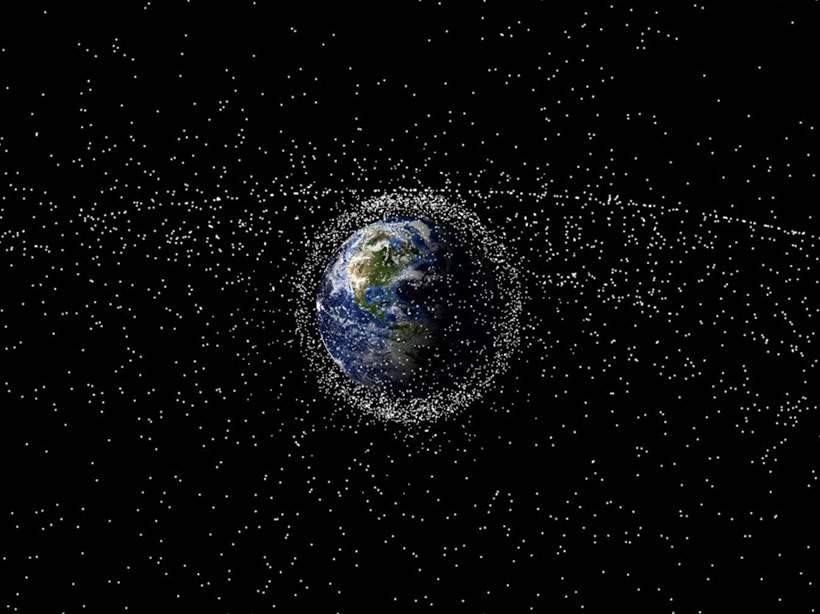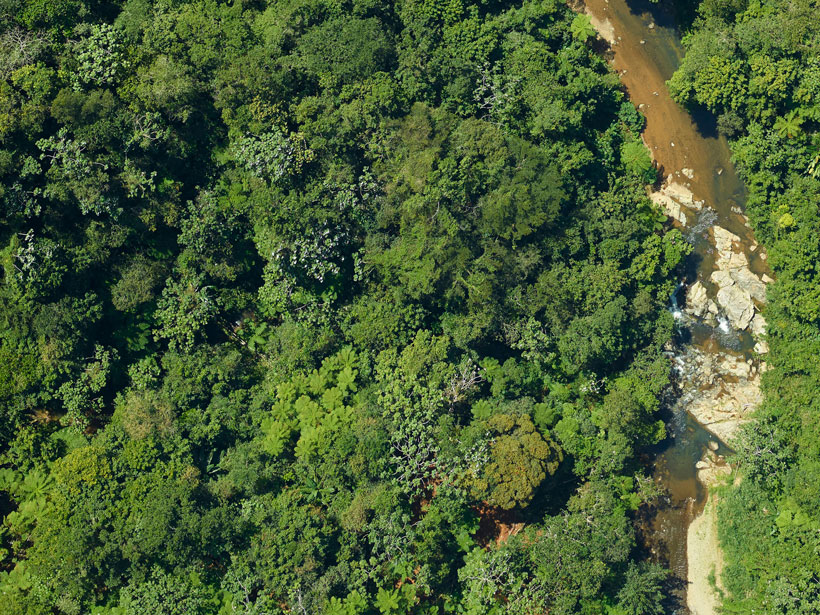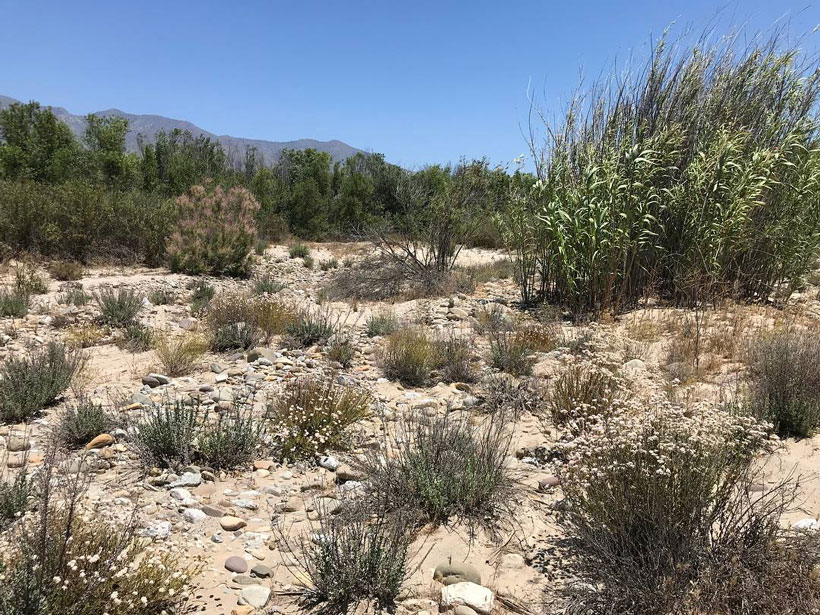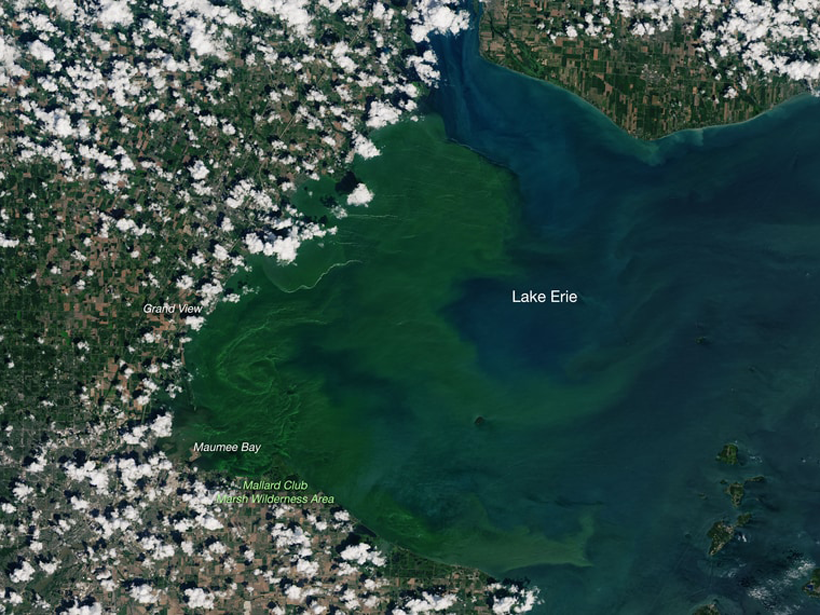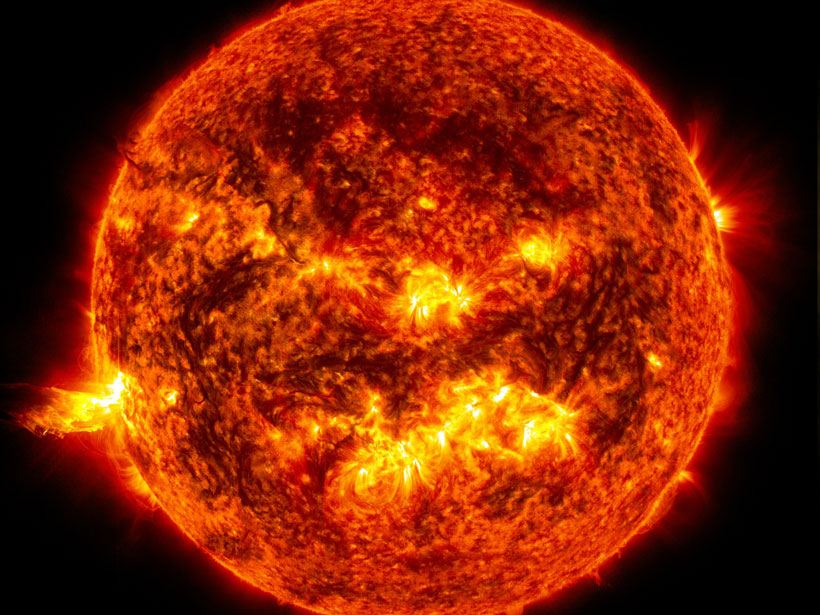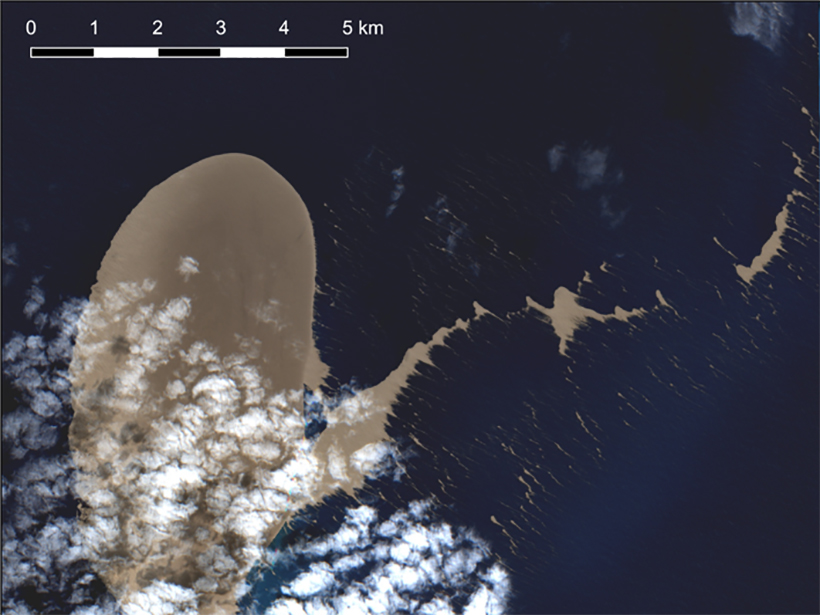Researchers are identifying space debris by measuring its flickering patterns of reflected light.
satellites
In Vegetation Growth Studies, What You Measure Matters
Different satellite-based metrics for global vegetation coverage tell complementary, but not identical, stories.
Earth Observations Inform Cities’ Operations and Planning
Rio de Janeiro, Brazil, and Chicago, Ill., are using NASA Earth observations to map, monitor, and forecast water and air quality, urban heat island effects, landslide risks, and more.
Mapping Vegetation Health Around the World
A new spaceborne sensor monitors Earth’s surface temperature at a resolution higher than ever before, providing information on ecosystem responses to changes in water availability and climate stressors.
Five Things Spy Satellites Have Taught Us About Earth
Long before we had satellites beaming terabytes of data back to Earth, we had covert spacecraft the size of school buses snapping photos on rolls of film 50 kilometers long.
Six Ways Satellites Tracked COVID-19
A new database reveals dimmer cities, empty farming fields, and vacant ports.
AquaSat Gives Water Quality Researchers New Eyes in the Sky
A new data set combining sample data and remote sensing could give scientists the power to make accurate predictions at a global scale.
A Graceful Way to Study Daily Water Storage on Land
A new analysis technique could help scientists improve the temporal resolution of satellite gravity data and see trends in terrestrial water storage and movement in near real time.
How Accurate Are Our Measurements of the Sun’s Energy?
As instruments collecting solar data degrade, researchers must correct for errors. A new study compares several methods to correct solar spectral irradiance measurements.
Satellite Sleuthing Detects Underwater Eruptions
Satellite data helped scientists locate the volcanic source of a pumice raft floating in the South Pacific Ocean, illustrating their promise in locating and monitoring undersea eruptions.

